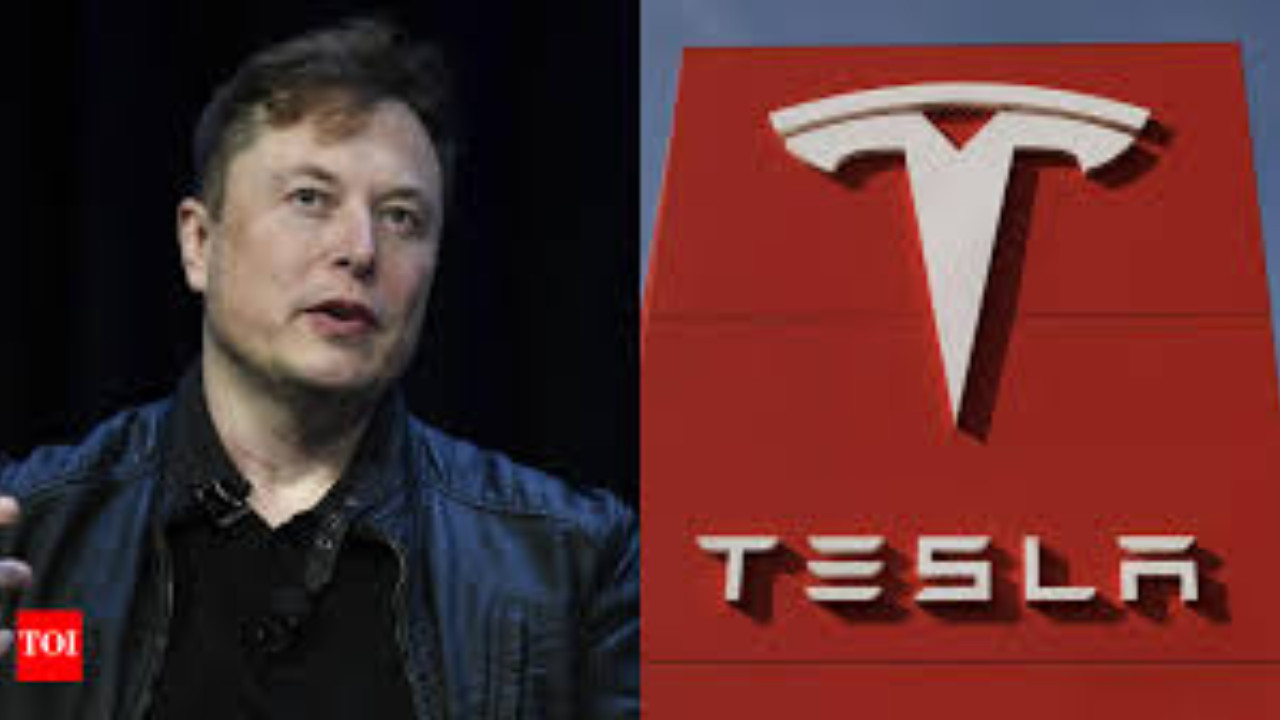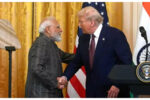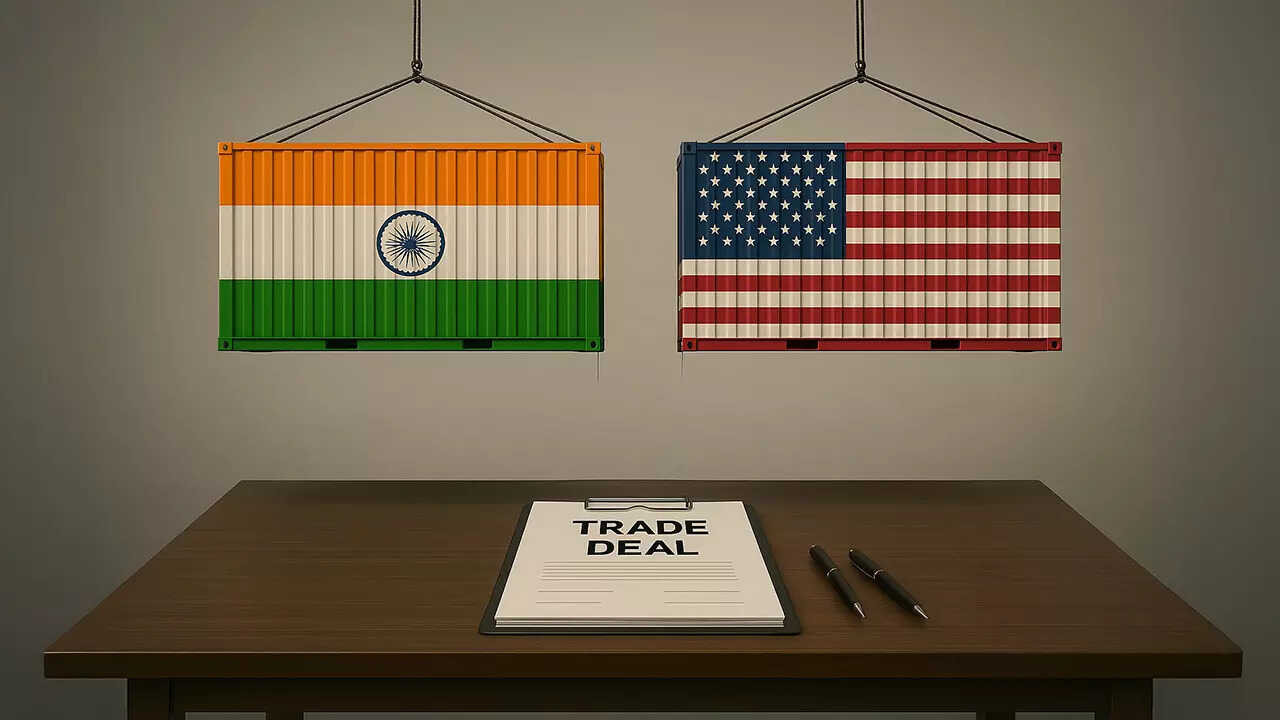Political leanings are influencing electric vehicle purchases globally, with over 40% of EV drivers considering avoiding Tesla due to its founder’s controversial stances. A survey reveals a significant portion of buyers are wary of brands or countries of origin based on political factors, impacting choices in major markets like the US and Germany.
The Tesla Divide: Is Politics Steering EV Choices?
Tesla, once the undisputed champion of the electric vehicle (EV) revolution, is facing a new challenge: a growing reluctance among some drivers to embrace the brand, and politics might be the key culprit. Recent survey data reveals a surprising trend, suggesting that personal beliefs and political affiliations are now influencing purchasing decisions in the EV market, particularly in the United States and Germany. What’s driving this shift, and what does it mean for the future of Tesla and the broader EV landscape?
The study, which explored the reasons behind EV drivers avoiding certain brands, highlighted that a significant 41% cited political reasons for steering clear of Tesla. This figure isn’t just a blip on the radar; it represents a substantial portion of the EV-driving population and indicates a potential hurdle for Tesla’s continued growth.
But why Tesla? The brand is inextricably linked to its CEO, Elon Musk, whose outspoken and often controversial views on a range of political and social issues have made headlines. While some admire Musk’s audacity and vision, others find his pronouncements divisive and off-putting. This polarization appears to be directly impacting consumer choices, with some EV enthusiasts actively avoiding Tesla to distance themselves from Musk’s public persona.

This phenomenon is particularly pronounced in the US and Germany, two key markets for electric vehicles. These countries, known for their robust public discourse and diverse political landscapes, seem to be fertile ground for this “political avoidance.” It’s not simply about disliking Musk’s politics; it’s about the perception that buying a Tesla is, in some way, an endorsement of those views. Consumers are increasingly aware of the social and political implications of their purchasing decisions, and they’re voting with their wallets.
The survey results raise important questions about the future of brand loyalty and the influence of CEOs on consumer behavior. In an era of increasing transparency and social awareness, companies and their leaders are under greater scrutiny than ever before. Consumers are no longer solely focused on product quality and price; they’re also considering the values and beliefs of the people behind the brand. This trend could have significant implications for other companies whose leaders are politically active or vocal on social issues.
The Future of Tesla: Navigating the Political Minefield
So, what can Tesla do to address this challenge? It’s a complex question with no easy answers. One approach might be to emphasize the company’s core values – its commitment to sustainability, innovation, and technological advancement – and to downplay the role of any single individual. While Musk is undoubtedly a driving force behind Tesla’s success, the company is also comprised of thousands of talented engineers, designers, and employees who share a common vision. Highlighting these contributions could help to broaden the brand’s appeal and to de-politicize the purchasing decision.
Another strategy could involve engaging with diverse communities and demonstrating a commitment to inclusivity and social responsibility. By actively supporting causes that resonate with a wide range of consumers, Tesla could signal that its values extend beyond the political views of its CEO.
Furthermore, it’s important to remember that the EV market is rapidly evolving, and competition is intensifying. Automakers like Ford, GM, and even Rivian are aggressively expanding their electric vehicle offerings, providing consumers with more choices than ever before. These alternatives are often viewed as “safer” choices from a political standpoint, providing consumers with the option of owning an EV without being associated with Elon Musk’s persona. This increase in competition will likely add more pressure on Tesla to consider consumer concerns related to its CEO. You might also want to read about the increasing competition in the EV truck market.
Is Political Avoidance the New Normal for EV Brands?
The Tesla situation serves as a cautionary tale for other companies operating in politically charged environments. It highlights the importance of brand management, corporate social responsibility, and the need to be mindful of the potential impact of leadership’s public statements. As consumers become increasingly aware of the social and political implications of their purchasing decisions, companies must be prepared to navigate this complex landscape with sensitivity and authenticity. The future of brand loyalty may well depend on it.
Ultimately, whether Tesla can overcome this “political avoidance” and continue to dominate the EV market remains to be seen. However, one thing is clear: the company’s success will depend not only on its technological prowess but also on its ability to connect with consumers on a deeper, more personal level.







